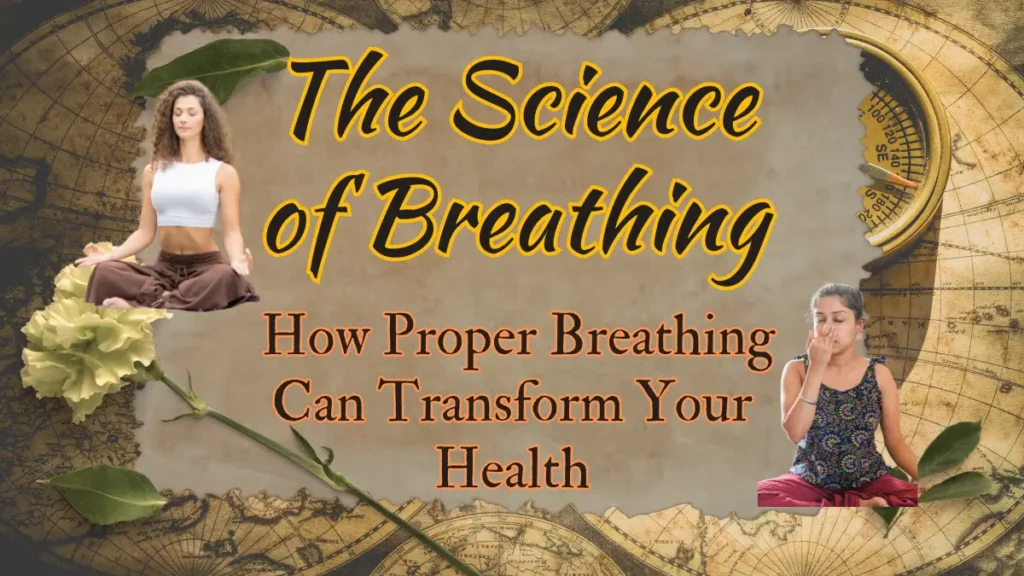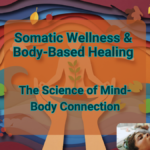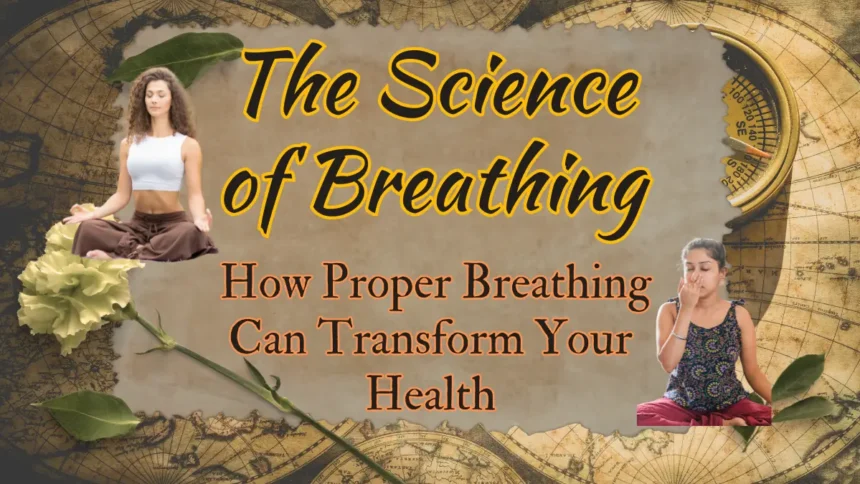Science of Breathing
Have you ever stopped to think about how you breathe? Most of us take it for granted—inhaling and exhaling without a second thought. But what if I told you that the way you breathe could dramatically impact your health, stress levels, and even your longevity?
Breathing is more than just an automatic bodily function. When done correctly, it can reduce anxiety, boost energy, improve sleep, and even enhance athletic performance. In this post, we’ll explore the science of breathing, why it matters, and practical tips to improve your breathing habits for better health.

Why Breathing Matters More Than You Think
Breathing is the bridge between your body and mind. It’s the only autonomic (unconscious) bodily function that you can also control consciously. This dual nature makes it a powerful tool for regulating stress, focus, and overall well-being.
The Physiology of Breathing
When you inhale, oxygen enters your lungs, diffuses into your bloodstream, and fuels every cell in your body. When you exhale, you release carbon dioxide—a waste product. But shallow, rapid breathing (common during stress) disrupts this balance, leading to:
- Increased stress and anxiety (due to over-activation of the sympathetic nervous system)
- Poor digestion (shallow breathing reduces oxygen flow to digestive organs)
- Lower energy levels (inefficient oxygen exchange)
- Weakened immune function (proper breathing supports lymphatic drainage)
Studies from Harvard Medical School and the Mayo Clinic confirm that controlled breathing techniques can lower blood pressure, reduce cortisol (the stress hormone), and even improve cognitive function.
How Improper Breathing Affects Your Health
Many of us develop poor breathing habits over time—chest breathing, holding our breath unconsciously, or breathing too fast. Common signs of dysfunctional breathing include:
- Frequent sighing or yawning
- Tightness in the chest or shoulders
- Feeling out of breath easily
- Chronic fatigue
These habits can contribute to long-term health issues like:
- Chronic stress and anxiety
- Sleep disorders (like insomnia or sleep apnea)
- High blood pressure
- Reduced athletic performance
Video Credits
Tips to Improve Your Breathing for Better Health
The good news? You can retrain your breathing habits with simple, science-backed techniques. Here’s how:
1. Practice Diaphragmatic Breathing (Belly Breathing)
Most people breathe shallowly from their chest. Diaphragmatic breathing engages the diaphragm, allowing deeper, more efficient oxygen exchange.
How to do it:
- Lie down or sit comfortably.
- Place one hand on your chest, the other on your belly.
- Inhale deeply through your nose, letting your belly rise (not your chest).
- Exhale slowly through pursed lips.
- Repeat for 5-10 minutes daily.
2. Try the 4-7-8 Breathing Technique (for Relaxation)
Developed by Dr. Andrew Weil, this method calms the nervous system.
How to do it:
- Inhale through your nose for 4 seconds.
- Hold your breath for 7 seconds.
- Exhale completely through your mouth for 8 seconds.
- Repeat 4 cycles.
3. Incorporate Breathwork into Exercise
Athletes use controlled breathing to enhance endurance and focus. Techniques like box breathing (4-4-4-4) or alternate nostril breathing (Nadi Shodhana) can improve performance.
4. Fix Your Posture
Slouching restricts lung capacity. Sitting or standing tall allows for fuller breaths.
5. Be Mindful of Your Breath Throughout the Day
Set reminders to check in with your breathing—especially during stressful moments.
The Long-Term Benefits of Proper Breathing
When you master the science of breathing, you unlock:
✅ Reduced stress and anxiety
✅ Better sleep quality
✅ Enhanced focus and mental clarity
✅ Improved cardiovascular health
✅ Stronger respiratory function
Research from the National Institutes of Health (NIH) shows that breathwork can even help manage conditions like asthma, COPD, and PTSD.
Final Thoughts: Breathe Better, Live Better
Breathing is a free, always-available tool for better health—yet most of us never use it to its full potential. By incorporating proper breathing techniques into your daily routine, you can transform your physical and mental well-being.
Ready to take control of your breath? Start with just 5 minutes of diaphragmatic breathing today and notice the difference.
Did you find this helpful? Share your thoughts in the comments below or tag a friend who needs to breathe better!











